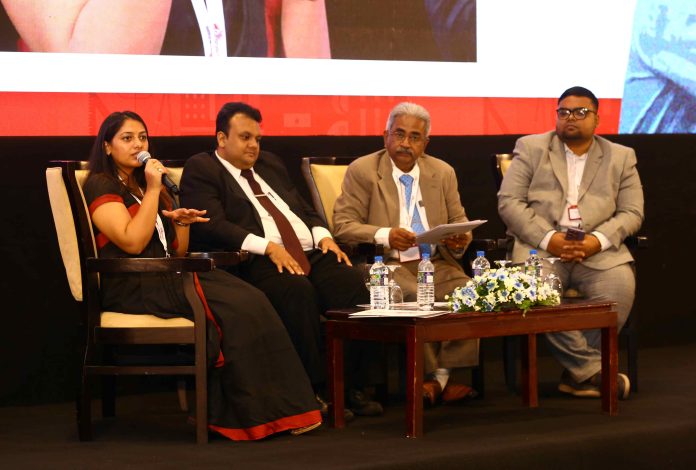Researchers, activists, and community leaders from across Asia gathered in Colombo for Médecins Sans Frontières (MSF) Scientific Days Asia 2025, calling for an urgent shift towards healthcare systems driven by community voices, equity, and accountability.
Held in collaboration with the Faculty of Medicine, University of Colombo, and the Sarvodaya Shramadana Movement of Sri Lanka, this year’s conference brought together over 150 participants — including public health experts, patient advocates, and humanitarian workers — to explore solutions that bridge research and lived experiences.
Themed “Co-Creating Health: Listening, Learning, Leading – Community Voices in Healthcare Innovation,” the conference focused on five priority areas: Policy-to-Practice Transformation, Research and Innovation, Capacity Building, Championing Community and Patient Networks, and Collaboration and Engagement.
Parthesarathy Rajendran, Executive Director of MSF South Asia, opened the event with a powerful call to action, insisting that communities must be recognised as equal partners in humanitarian healthcare.
“For too long, decisions about health in crisis settings have been shaped by privilege, while those most affected remain sidelined. This must change,” he said. “Our commitment is not just to deliver care but to amplify voice, bring agency, and ensure accountability. Listening, learning, and leading alongside communities is not charity — it is justice.”
Prof. Vajira Dissanayake, Dean of the Faculty of Medicine, University of Colombo, stressed that research must go beyond academic journals.
“Knowledge is not meant to sit in journals or conference halls. It must travel into policy, into practice, into the systems that touch people’s lives — particularly those on the margins,” he said.
Dr. Vinya Ariyaratne, President of Sarvodaya, highlighted the importance of grassroots participation.
“Healthcare will never be sustainable without community leadership,” he said. “This platform’s strength lies in its convergence — where grassroots realities meet academic evidence and policy frameworks.”
Keynote speaker Prof. Devi Vijay of IIM Calcutta challenged participants to rethink the global health system’s status quo, warning against the normalisation of systemic neglect.
“Zones of abandonment are proliferating,” she said. “We must reclaim care as a radical act, rooted in solidarity and shared responsibility.”
Sessions throughout the day shed light on diverse challenges, from rural hospital shortages in Sri Lanka to gender-based vulnerabilities of health workers in India. Research presented showcased innovative approaches such as medical clowning in paediatric wards, palliative care in refugee contexts, and mobile surgical pods for crisis zones.
A unique feature of this year’s event was the exhibition space, where qualitative research was transformed into visual installations and multimedia exhibits, connecting data with patient realities.
Closing the conference, Ghada Khemissi, Director of Programmes, MSF South Asia, emphasised the need to dismantle silos in global health.
“The strength of Scientific Days lies in its ability to break barriers — between academia and activism, between data and lived reality. By co-creating health solutions with communities, we move closer to systems that are not only innovative but truly inclusive,” she said.
MSF Scientific Days Asia 2025 concluded with a renewed commitment to make healthcare more participatory, equitable, and resilient, affirming that patient voices and community leadership must shape the future of global health.




